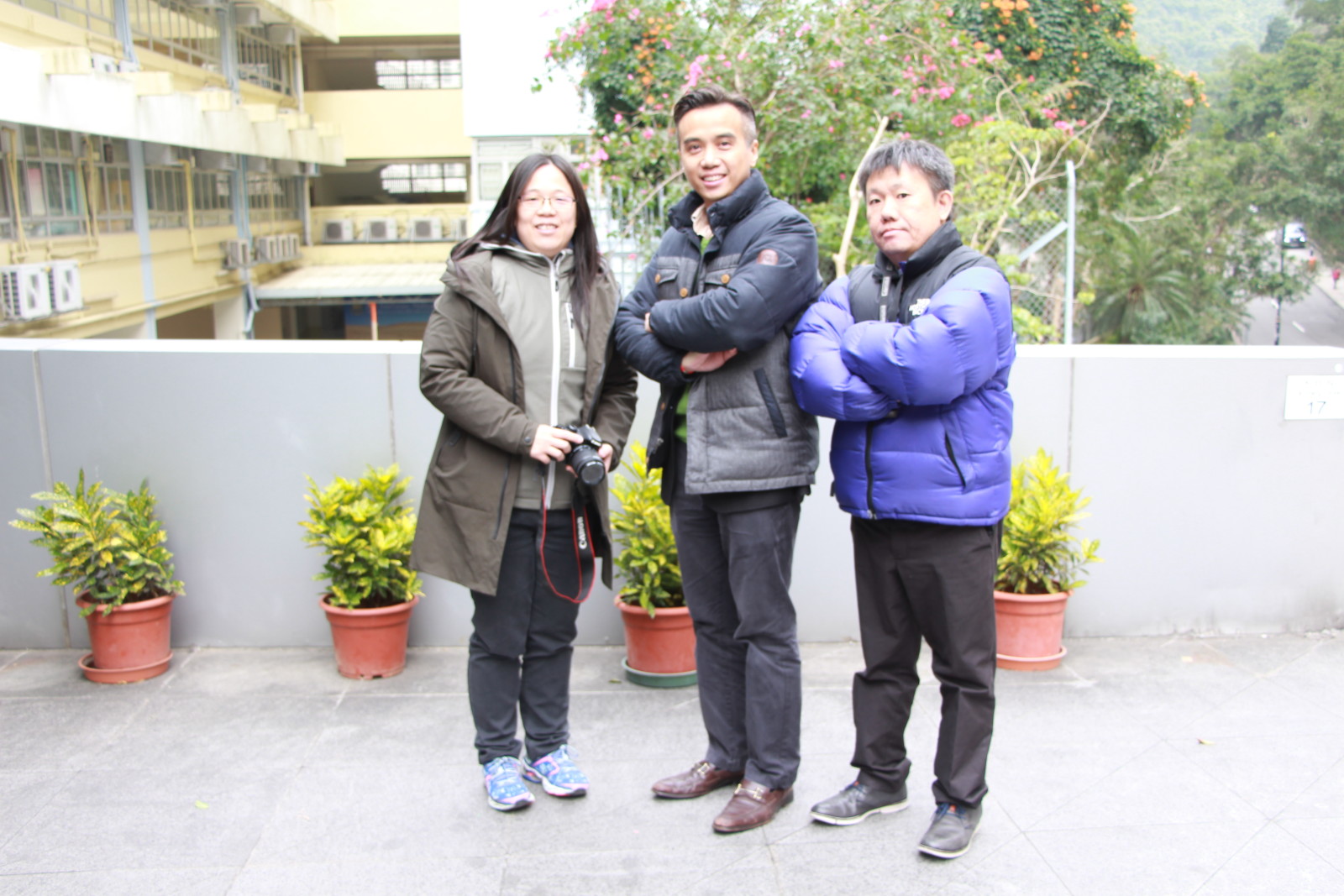Course aims:
Information and Communication Technology (ICT) at the senior secondary level aims to:
- Teach basic knowledge, theories and applications of information, communication and computer systems;
- Improve students’ problem-solving and communication skills, and encourage them to adopt critical thinking and design thinking attitudes;
- Nurture students to become capable, efficient and confident users of information and communication technology, so that they can distinguish between information and use information and communication technology ethically, in support of their lifelong learning;
- Provide students with an opportunity to experience the effects of information and communication technology on knowledge societies, through which positive values and proactive attitudes are nurtured.
Learning goals:
The three years of ICT education in senior secondary school aims to help students achieve the following learning goals in the domains of “Knowledge and Understanding”, “Skills”, and “Values and Attitudes”:
- Knowledge and Understanding
- Understand the organisation and arrangement of computer systems, and their relationship with hardware, software and data;
- Understand social, ethical and legal issues related to the use of information and communication technology.
- Skills
- Use and recognise a series of computer applications effectively and ethically, in support of information processing and problem-solving;
- Display understanding of different methods to analyse problems, and know how to use information and communication technology to design and execute plans.
- Values and Attitudes
- Experience how information literacy and the use of information and communication technology to share information affects people’s decision-making and changes society;
- Become a responsible and ethical user of information and communication technology.
# Senior secondary ICT course structure
Core components:
- Information processing
- Introduction to information processing
- Data organisation and control
- Display of data
- Use of office automation software
- Information demonstration
- Basics of computer systems
- Basic machine structure
- Systems software
- Computer systems
- Internet and its Applications
- Basics of building networks and the Internet
- Internet service and application
- Basic website development
- Basic programming theories
- Problem-solving steps
- Algorithm design
- Algorithm testing
- Effects of information and communication technology on society
- Fair access
- Occupational health issues
- Intellectual property
- Cyber threats and security
Elective components (students may choose only one of the following)
- Databases
- Introduction to databases
- Relational databases
- Introduction to the design methodology of databases
- Relationship between society and the application and development of databases
- Data communication and networking
- Basics of data communication and networking
- Network design and implementation
- Network management and security
- Multimedia design and website development
- Multimedia design
- Website development
- Software development
- Writing programmes
- Programming languages
- Systems development
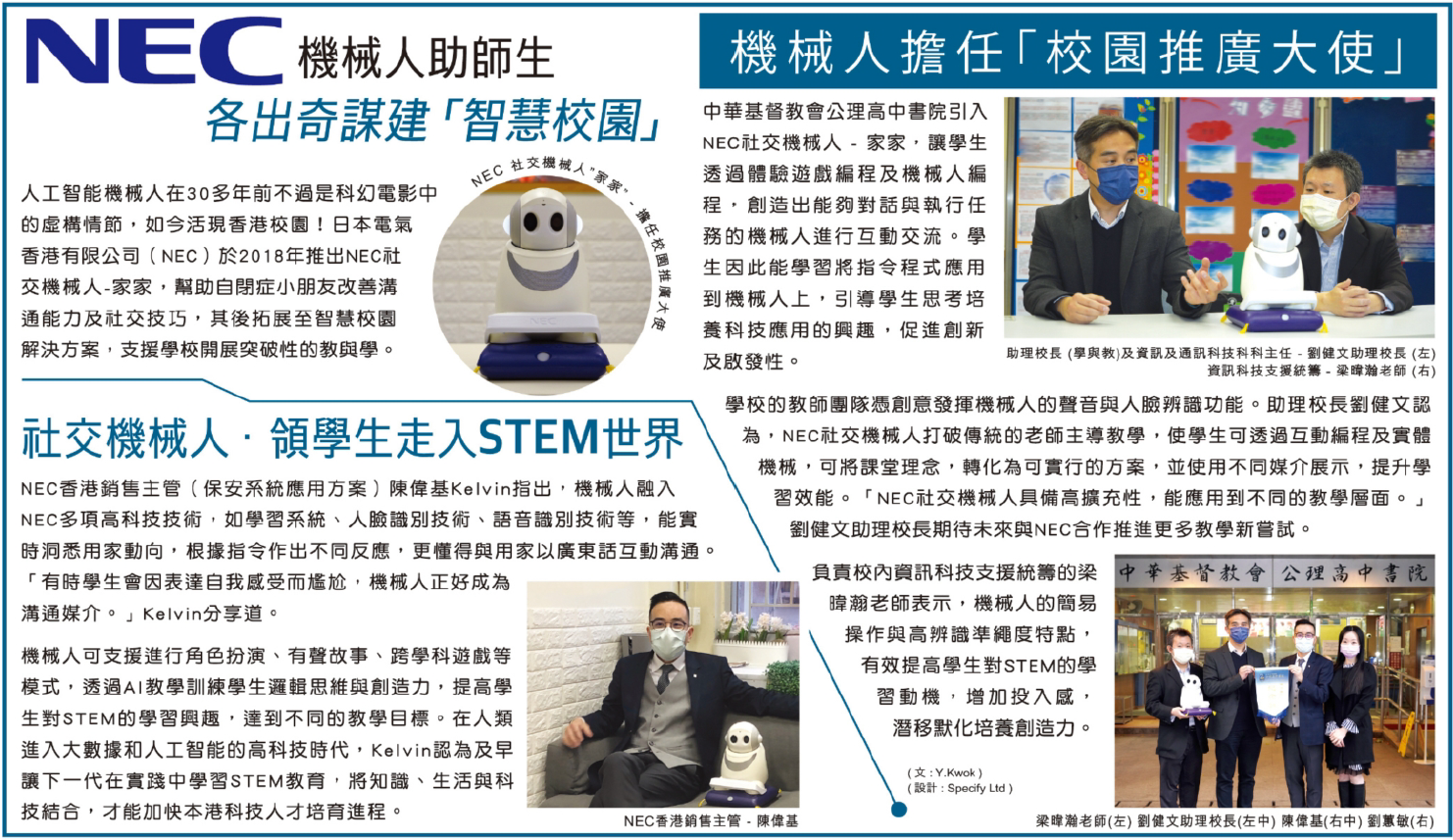 |
| am730 published a report on 2021-02-26 about the College's use of a robot to assist in ICT education |
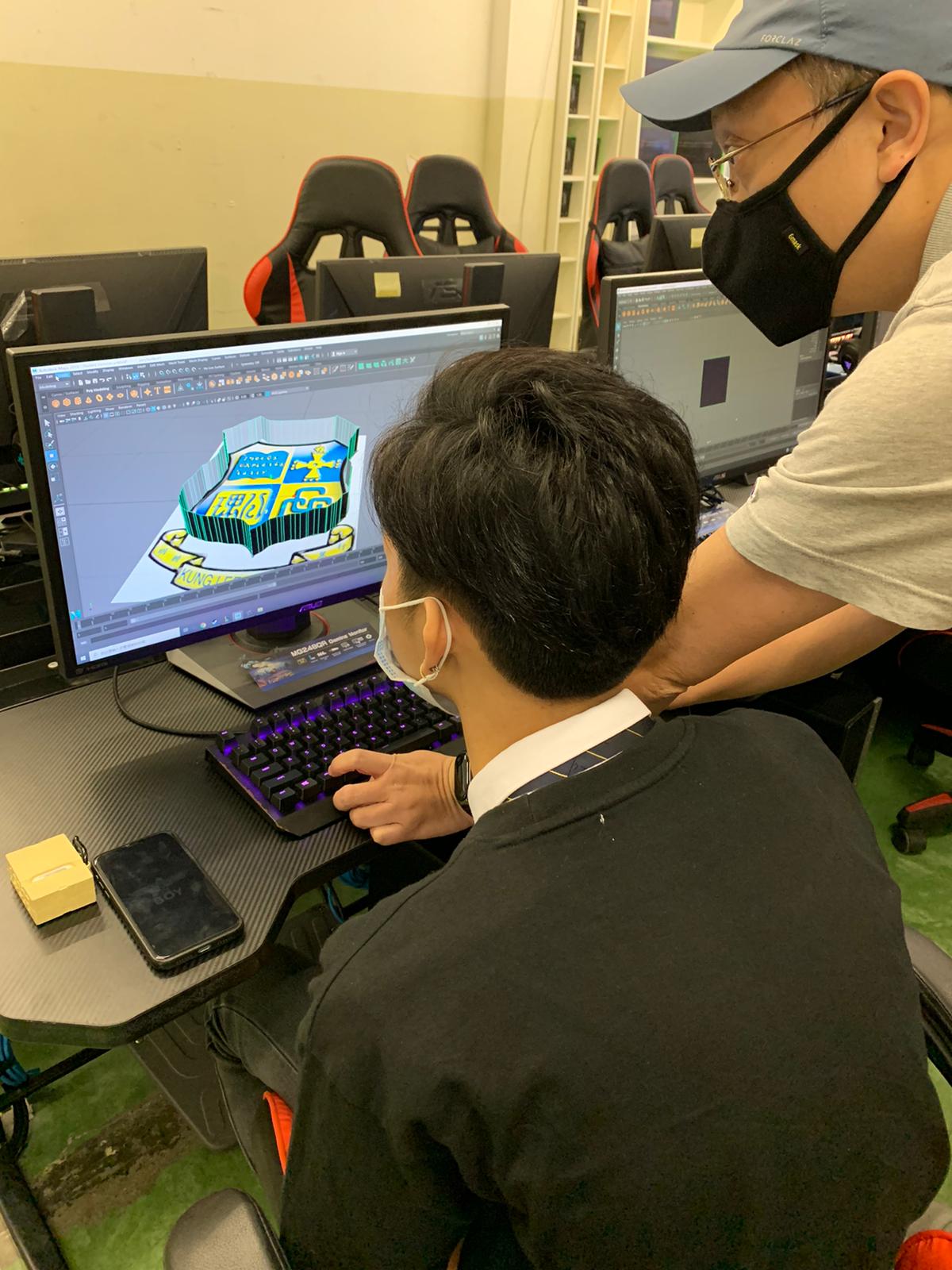 |
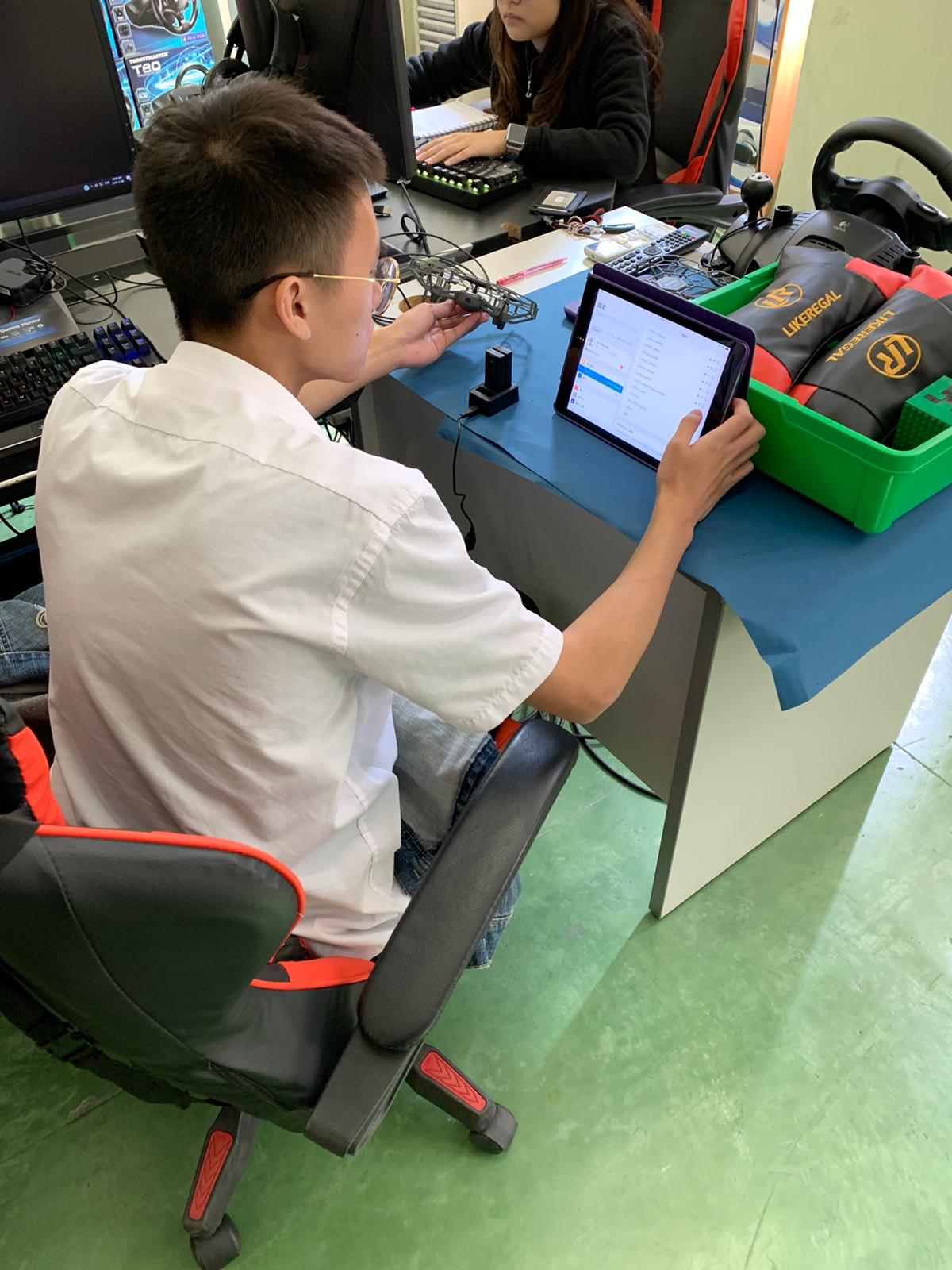 |
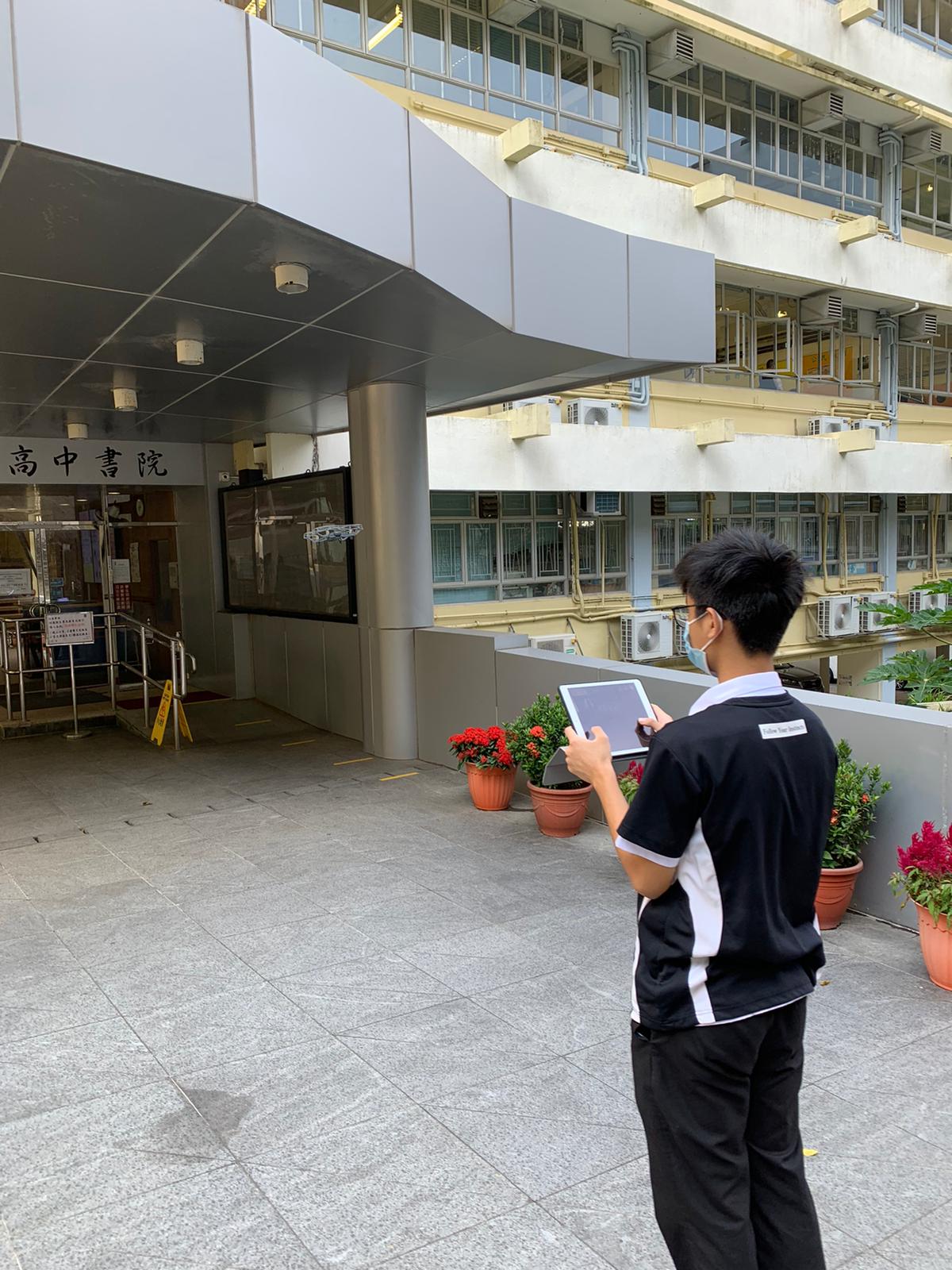 |
| Learning 3D modelling in class | Learning how to programme and control drones in class | |
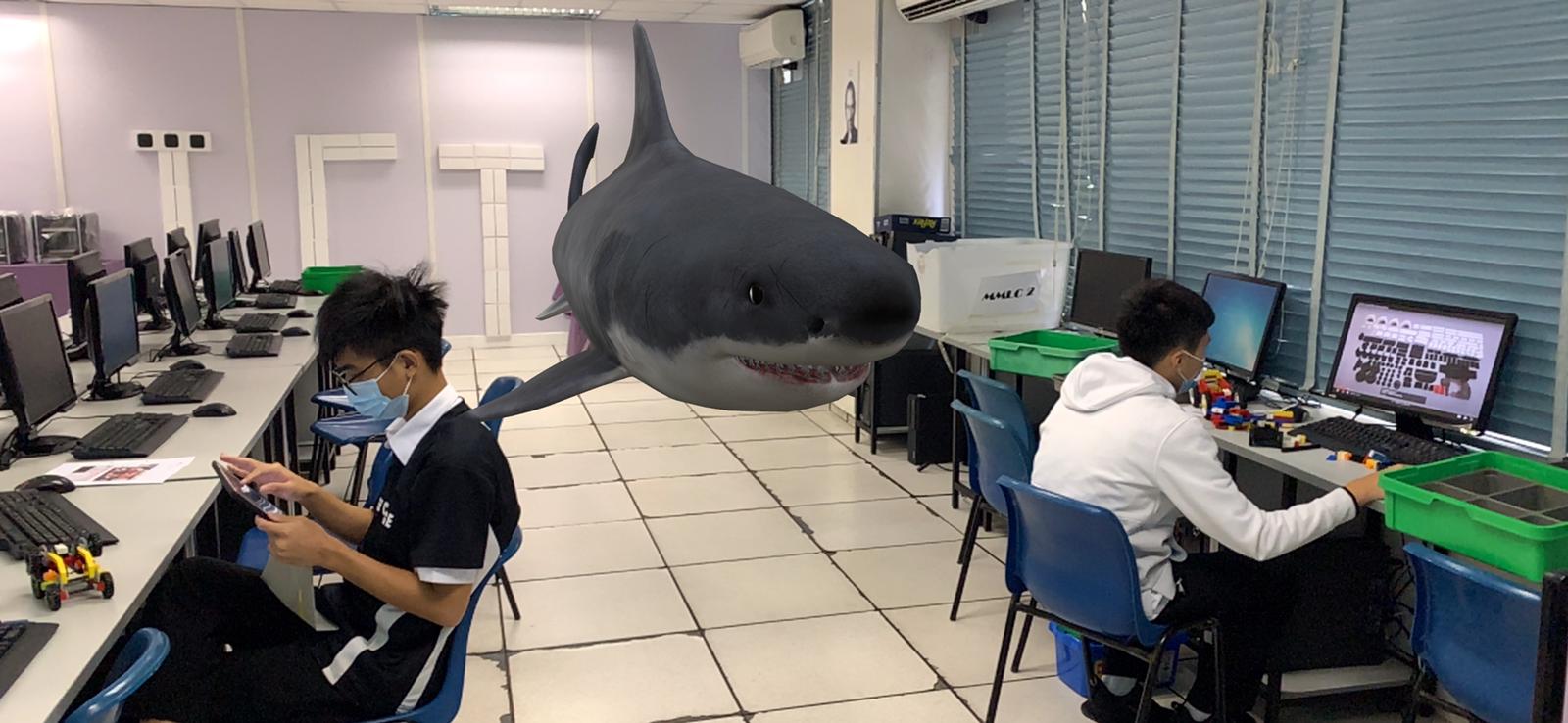 |
| Learning about Augmented Reality (AR) technology in class |
* The College reserves the final right to offer programmes and subject courses.



